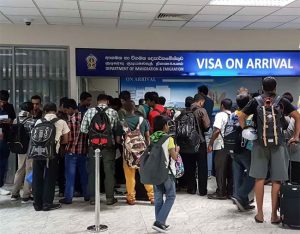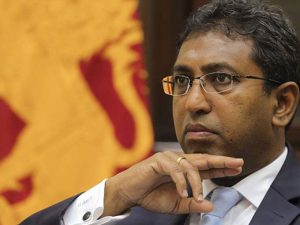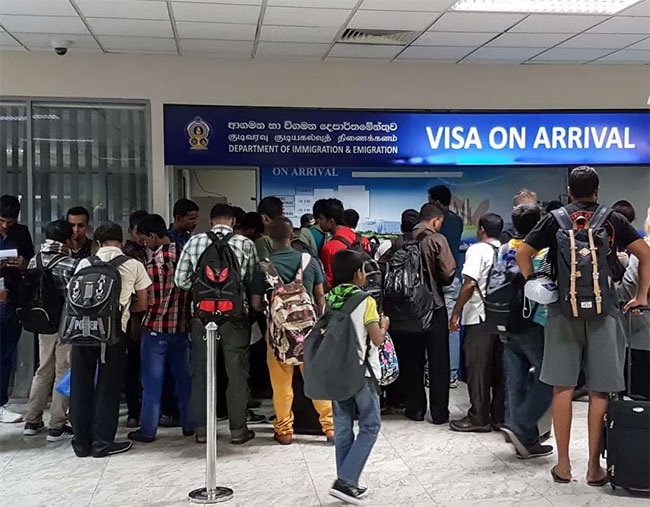Sri Lanka’s Visa Fiasco: A Tale of Monopoly, Price Hikes, and Controversy
The Sri Lankan parliament’s Committee on Public Finance (COPF) has taken decisive action amid a brewing crisis over a monopoly visa deal granted to VFS Global, a private company.

Summoning the Secretary of the Ministry of Public Security and the Controller General of Immigration, COPF Chief Harsha de Silva announced a probe into the ongoing visa debacle, citing concerns over the lack of transparency in the deal’s execution.
The controversy stems from the abrupt transition of Sri Lanka’s visa processing to VFS Global, leading to exorbitant price hikes and logistical hurdles for tourists. Formerly, tourists could obtain a double-entry visa for $50 ($30 for South Asia) via Sri Lanka’s ETA portal. However, under VFS Global’s administration, the visa cost soared to $100.77, coupled with service and convenience fees, leaving tourists shocked and deterred by the steep expenses.
Additionally, families and travelers with children under 12, who previously enjoyed fee waivers, found themselves burdened with additional costs, further exacerbating the situation. Moreover, the validity period of visas was halved from six months to three months following the transition.

Amid public outcry and industry concerns, the Sri Lankan cabinet intervened, resolving to revert to issuing single-entry visas for $50, in line with stakeholders’ recommendations for sustaining tourism growth. However, the convoluted aftermath of the deal persists, with questions surrounding accountability, transparency, and the true beneficiaries of the controversial agreement.
Critics have highlighted the adverse impact of the visa debacle on Sri Lanka’s tourism sector, jeopardizing the country’s goal of attracting 2.3 million tourists in 2024. The convoluted visa process, coupled with exorbitant fees, threatens to deter potential visitors and undermine the industry’s recovery efforts following the COVID-19 pandemic and previous setbacks.
Moreover, the circumstances surrounding the VFS Global deal raise concerns of grand corruption, characterized by high-level abuse of power and undue influence for personal gain. Allegations of bribery and irregularities in tender procurement have further mired the issue in controversy, casting a shadow over the integrity of Sri Lanka’s governance and regulatory framework.
As Sri Lanka grapples with the fallout from the visa fiasco, stakeholders are calling for accountability, transparency, and meaningful reforms to prevent similar incidents in the future. The need for robust oversight mechanisms and ethical governance practices has never been more urgent as the country navigates its path toward sustainable development and economic recovery.







